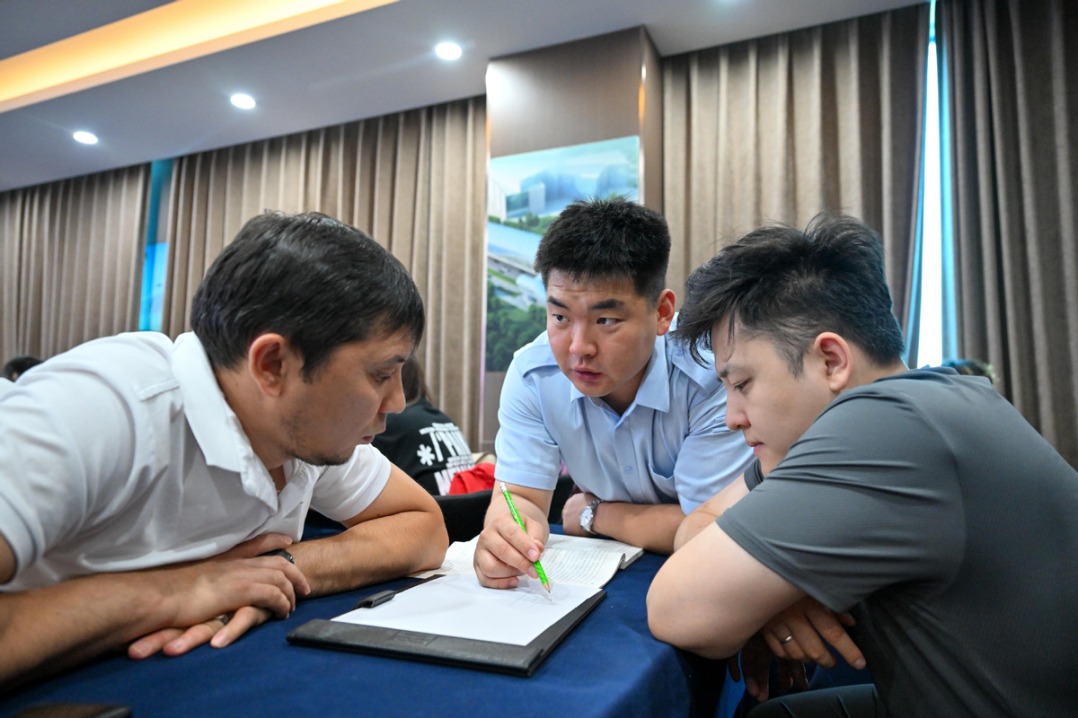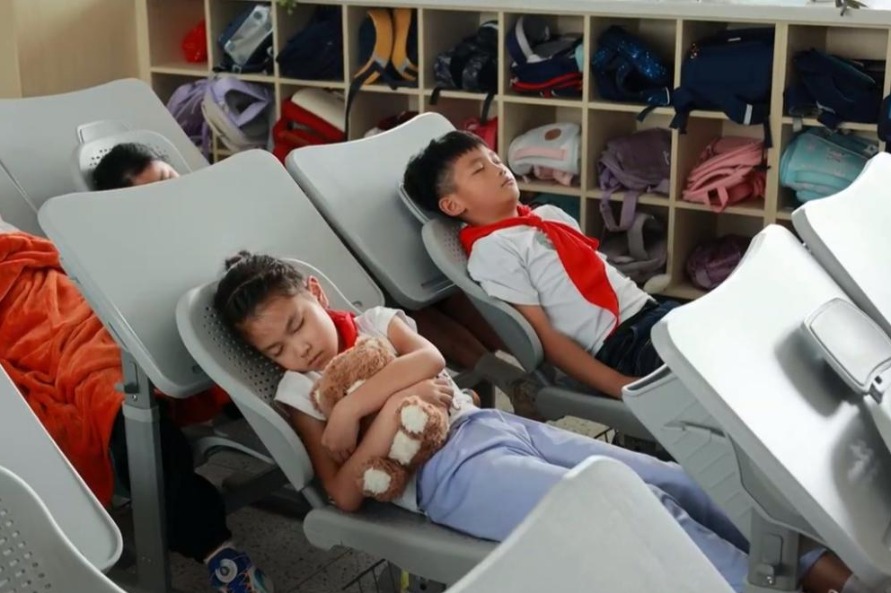Chinese and British neuroscientists discuss latest research in Shanghai

Distinguished scientists in brain and mind studies from China and the United Kingdom convened at Fudan University in Shanghai this week for the First Shanghai-Cambridge Workshop on Cognitive Neuroscience.
Trevor Robbins, a fellow of the UK’s Royal Society and winner of the Brain Prize; Barbara Sahakian, a fellow of the UK’s Academy of Medical Sciences and a fellow of the British Academy; Mu-ming Poo, an academician at the Chinese Academy of Sciences and director of its Institute of Neuroscience; and Feng Jianfeng, dean of Fudan’s Institute of Science and Technology for Brain-inspired Intelligence, shared the latest developments in their research fields during the workshop.
Robbins received an honorary professorship from Fudan, and Sahakian and Poo joined the international expert panel for Feng’s institute.
They were encouraged to contribute to the development of an international innovation center for brain and mind studies, to be led by Fudan. The center will focus on advances in areas including brain-inspired artificial intelligence and brain diseases.
Experts say Shanghai’s innovation in AI and neuroscience may lead to effective treatments for neuropsychiatric disorders.
Feng and his team at Fudan University have spent years studying brain plasticity and, in particular, how it fails in Alzheimer’s disease.
“They use big data, such as thousands of brain scans, and AI techniques to study the immune system in Alzheimer’s disease,” Sahakian said. “It may be the breakthrough needed to understand the cause.”
AI has also been applied to big data in depression to help treat sleep disturbance and improve mood, and Feng said the longer term aim is to prevent Alzheimer’s disease, depression and schizophrenia.
Sahakian said her team is using computerized tests to detect memory problems in the elderly so they can receive treatments to retain their brain plasticity.
“Some of these treatments involve games on an iPad or smartphone to strengthen neural circuits in the brain,” she said. “Early detection and early effective treatment is just as essential for producing positive outcomes in mental health disorders as it is in physical health disorders.”
- China firmly upholds red line for farmland protection
- China achieves major breakthroughs in oil, gas, uranium exploration: official
- 2 rescued, 6 trapped after coal mine accident in Northeast China
- Light-rail driver training session for Kazakh trainees held in Tianjin
- Former Chongqing official faces bribery charges
- Metro network grows in Shijiazhuang, North China





































